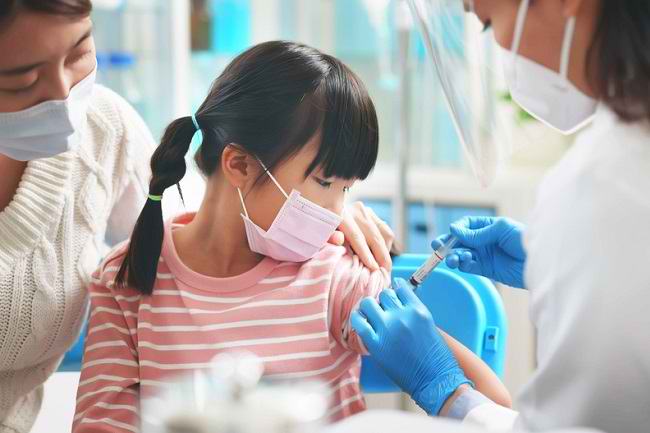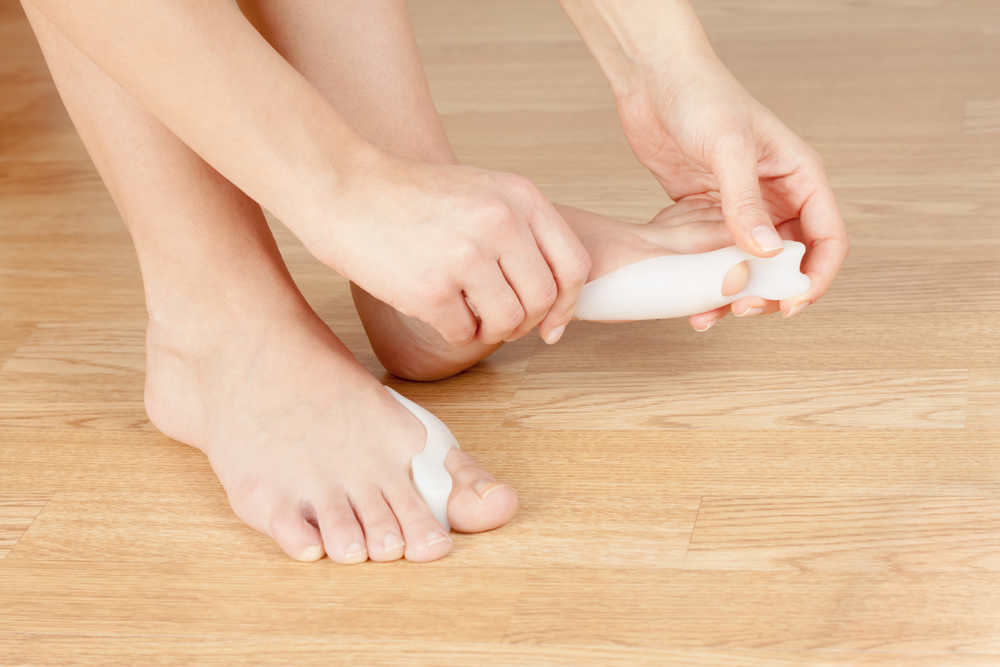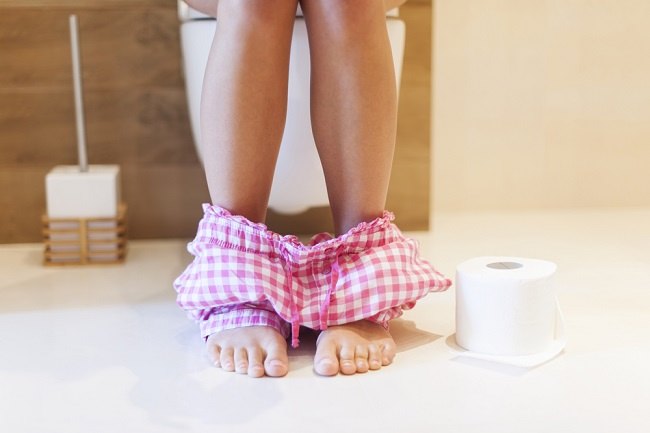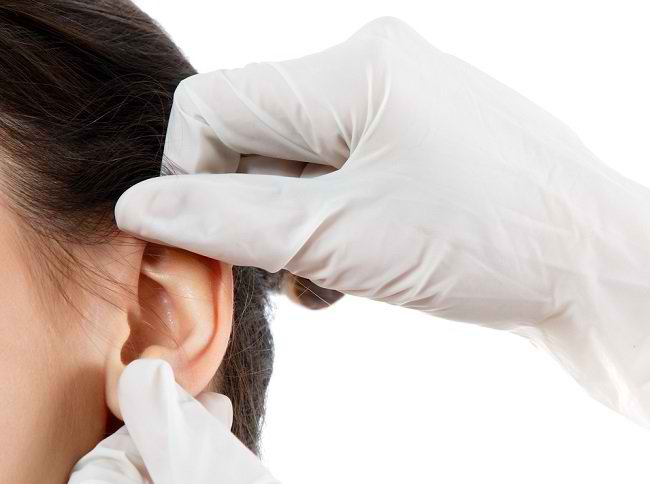Colistin is an antibiotic drug to treat infectious diseases caused by Gram-negative bacteria, such as Escherichia coli, Klebsiella pneumoniae, Acinetobacter, and Pseudomonas aeruginosa.
Colistin belongs to the class of polypeptide antibiotics. This drug can be divided into 2 types, namely: colistimethate sodium and colistin sulfate. Colistin sulfate available in the form of tablets to drink or inhale and colistemethate sodium It is available in injection or inhaled form.

This drug works by damaging the bacterial cell membrane. That way, the bacteria will stop growing and eventually die. This medicine cannot be used to treat illnesses caused by viral infections, such as the flu.
Some diseases that can be treated by this drug are gastrointestinal infections, or lung infections in patients with cystic fibrosis.
colistin trademark:Colistine actavis
What is Colistin
| group | Prescription drugs |
| Category | Polypeptide class of antibiotics |
| Benefit | Treating bacterial infections |
| Consumed by | Adults and children |
| Colistin for pregnant and lactating women | Category C:Animal studies have shown adverse effects on the fetus, but there are no controlled studies in pregnant women. Drugs should only be used if the expected benefit outweighs the risk to the fetus. It is not known whether Colistin is absorbed into breast milk or not. If you are breastfeeding, do not use this medicine without telling your doctor. |
| Drug form | Tablet, inhale and inject |
Precautions Before Using Colistin
Colistin should only be used with a doctor's prescription. Before using colistin, you need to pay attention to the following things:
- Do not use colistin if you are allergic to this drug or to polymyxin B. Always tell your doctor about any allergies you have.
- Tell your doctor if you have or have had kidney disease, diarrhea, myasthenia gravis, colitis, porphyria, or lung disease.
- Do not drive a vehicle or operate equipment that requires caution while taking colistin, as this medicine can cause dizziness.
- Tell your doctor if you are pregnant, breastfeeding, or planning a pregnancy.
- Tell your doctor if you are taking certain medications, supplements, or herbal products.
- Tell your doctor if you plan to vaccinate while on treatment with colistin.
- See your doctor right away if you experience an allergic drug reaction, serious side effect, or overdose, after using colistin.
Dosage and Rules of Use Colistin
The doctor will give the dose and determine the duration of treatment according to the patient's condition and age. Here is the explanation:
Condition: Severe gram-negative bacterial infection
Shape: The injection can be given into a muscle (intramuscularly/IM) or into a vein (intravenous/IV).
- Adult weighing 60 kg: 50.000 IU/kgBB per day which can be divided into 3 doses. The maximum dose is 75,000 IU/kgBW per day.
- Adult weighing >60 kg: 1–2 million IU, 3 times daily. The maximum dose is 6 million IU per day.
Condition: Bacterial infection
Shape: Tablet
- Adults and children weighing >30 kg: 1-2 tablets, 3 times a day.
- Children weighing 15–30 kg: –1 tablet, 3 times a day.
Condition: Lung infection in cystic fibrosis patients
Shape: Breathe
- Mature: 1-2 million IU, 2-3 times a day. The maximum dose is 6 million IU per day.
- Children aged <2 years:000–1 million IU, 2 times daily. The maximum dose is 2 million IU per day.
How to use Colistin right
Use colistin as recommended by your doctor or the instructions for use listed on the medicine package. Do not increase or decrease the dose without consulting your doctor first. Colistin injectable form will be given by a doctor or medical personnel under the supervision of a doctor.
Colistin tablets can be taken before or after meals. Take colistin tablets with a glass of water. Do not split, bite, or crush the tablet.
To treat a lung infection in a patient with cystic fibrosis, you will use an inhaled form of colistin with a nebulizer. Follow your doctor's instructions and make sure you understand how to use the nebulizer.
Take colistin at the same time each day. If you forget to use it, use colistin immediately if the interval for the next use is not too close. If it is close, ignore it and do not double the dose.
Carry out regular check-ups as recommended by your doctor during treatment with colistin. Do not stop using colistin without consulting your doctor first.
Store colistin in a dry, closed place, and away from direct sunlight. Keep this medicine out of reach of children.
Colistin Interactions with Other Drugs
There are several drug interaction effects that can occur when colistin is used with other drugs, namely:
- Increased risk of kidney or neurological disorders when used with aminoglycoside antibiotics, other polypeptide antibiotics, amphotericin B, or cefazedone
- Increased effectiveness of nondepolarizing muscle relaxants, such as tubocurarine
- Decreased effectiveness of colistin when used with sodium picosulfate
Colistin Side Effects and Dangers
Some of the side effects that can occur after using colistin are:
- Stomach ache
- Itching or rash on the skin
Check with your doctor if the side effects above don't go away or get worse. See your doctor right away if you have an allergic reaction to a drug or a more serious side effect, such as:
- Numbness or tingling in the feet, hands, or around the mouth
- Difficulty walking or balance problems
- Confusion, psychosis, or seizures
- Slurred speech or muscles feel weak
- Dizziness or feeling spinning
- Infrequent urination or very little urine









